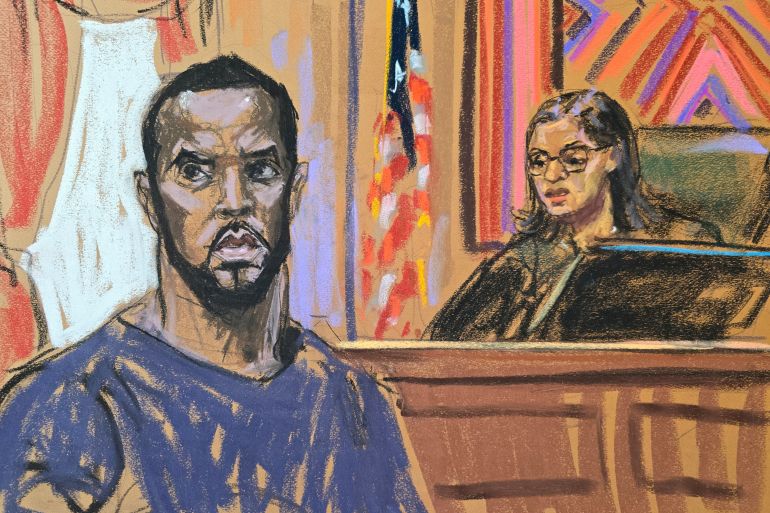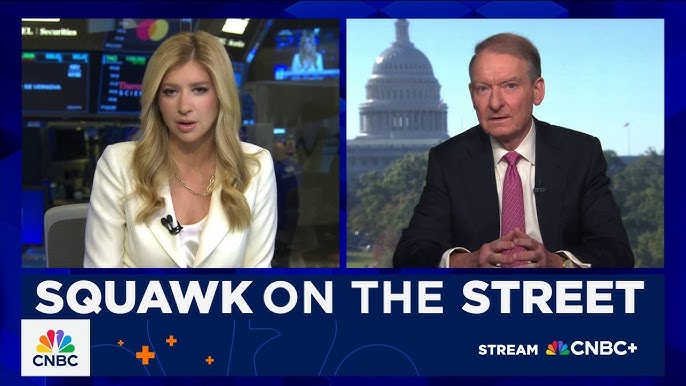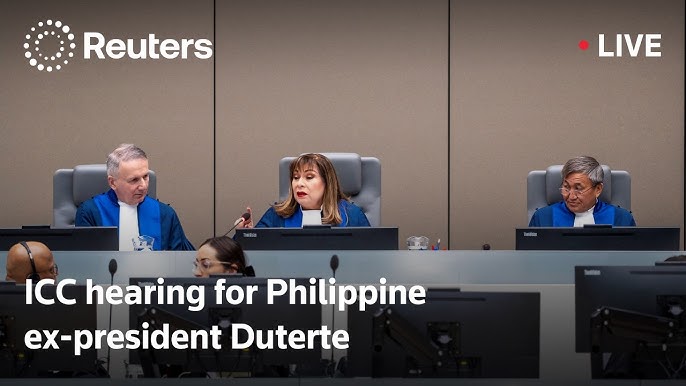Understanding Racketeering: The Controversy Surrounding Sean Diddy Combs
In the news recently, Sean Diddy Combs, a global music icon and entrepreneur, has found himself embroiled in serious legal issues. The discussions revolve around accusations of racketeering related to his business dealings, which has raised awareness and sparked curiosity around the term ‘racketeering’. In this article, we will explore what racketeering is, the details surrounding the charges against Diddy, and what this means for business leaders and entrepreneurs.
What is Racketeering?
Racketeering refers to a range of illegal activities conducted by an individual or organization for profit. The term is often associated with organized crime, where individuals, businesses, or syndicates engage in schemes to extort money, defraud others, or engage in violent acts to protect their interests. In the United States, racketeering activities are primarily governed by the Racketeer Influenced and Corrupt Organizations (RICO) Act, which allows for the prosecution of individuals involved in an organized crime syndicate.
Legal definitions vary, but broadly, racketeering includes criminal conduct like fraud, money laundering, drug trafficking, and even sex trafficking, depending on the jurisdiction. The repercussions of being charged with racketeering can be severe, including hefty fines and imprisonment. Businesses, especially those operating in high-risk industries, must navigate these laws carefully to ensure compliance and protect their interests.
The Accusations Against Sean Diddy Combs
Recently, Al Jazeera reported on serious allegations against Sean Diddy Combs, outlining charges of sex trafficking and racketeering. This news has cast a shadow on Diddy’s public persona, which has been built over decades through his music, business ventures, and philanthropy.
The charges emerged from lawsuits that accuse Combs of using his influence and resources to manipulate situations for his benefit, often putting vulnerable individuals in harm’s way. These accusations not only call into question his ethics as a business leader but also bring to light the potential legal ramifications that entrepreneurs face as they navigate their ventures. The allegations are serious and could lead to significant consequences, not just for Diddy but for how business dealings in entertainment industries are conducted.
The Implications of Racketeering for Businesses
For HR professionals and business leaders, understanding racketeering and its implications is crucial. If businesses are found to be involved in racketeering activities, they not only face legal penalties but also damage to their reputation, which can have long-term effects on their operations. This situation serves as a wake-up call for organizations to implement robust compliance programs that educate employees about the risks associated with illegal activities and promote ethical business practices.
1. Legal Awareness and Compliance
Every company must be aware of legal standards governing their operations. This means ensuring that all employees understand what constitutes racketeering and the potential legal consequences of such actions. Regular training sessions focused on compliance and ethical standards are essential in maintaining legal protections.
2. Building an Ethical Business Culture
Creating a culture of honesty and integrity within the organization encourages employees to report unethical behavior. Organizations should foster open communication and create channels where employees can express concerns without fear of retribution. By promoting transparency, companies can deter potential illegal activity and align their practices with ethical standards.
3. Legal Counsel and Risk Management
Having a legal team or consulting with legal experts who specialize in business law can help mitigate risks associated with conducting business in potentially questionable industries. Their expertise can guide businesses through complex regulations, ensuring that their practices comply with all legal requirements.
Conclusion: Navigating the Future of Business in Light of Legal Risks
The ongoing situation with Sean Diddy Combs serves as an urgent reminder of the complexities surrounding business ethics and the potential consequences of illegal activities. For HR professionals and business leaders, understanding what racketeering is and how it can affect their operations is crucial. By implementing strong compliance measures, fostering a culture of ethical behavior, and seeking legal guidance, organizations can shield themselves from the legal ramifications and build sustainable, respected businesses.
The allegations against Diddy are extreme, but they open up discussions on the preventive measures businesses can take. As the landscape of business continues to evolve, being educated about racketeering and other legal concerns will help protect leaders and pave the way for responsible entrepreneurship.








